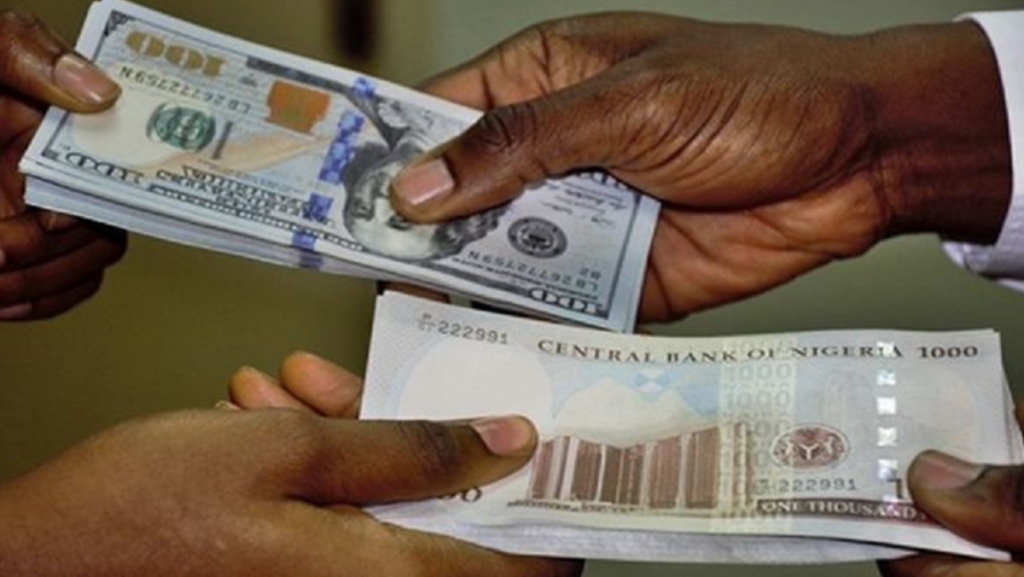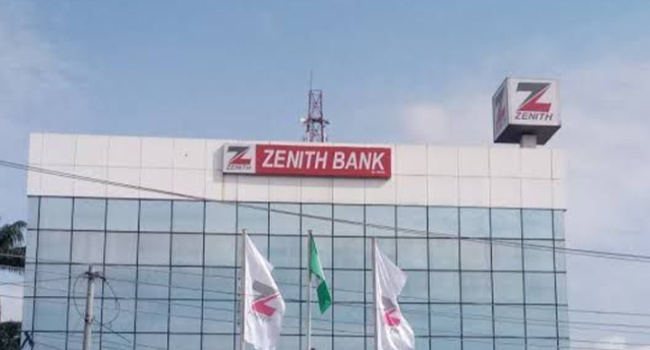In a bid to address the escalating challenges in the foreign exchange market, the Nigerian Federal Government has announced plans to secure a substantial sum of $10 billion.
The aim is to enhance liquidity and stabilize the naira, which recently plummeted to an unprecedented low of 1,850 per dollar in the parallel market.
Join our WhatsApp ChannelDuring the inaugural Public Wealth Management Conference in Abuja, President Bola Tinubu, represented by Vice President Kashim Shettima, revealed the government’s strategy. The event, organized by the Ministry of Finance Incorporated under the theme “Championing Nigeria’s Economic Prosperity,” underscored the urgency of bolstering the nation’s economic resilience.
READ ALSO: Naira Traded Above N2,000/1£ At parallel market
Stanley Nkwocha, Senior Special Assistant to the President on Media & Communications, elucidated on the government’s objectives, stating, “The Federal Government’s primary focus is to augment foreign exchange liquidity to stabilize the naira and foster economic growth.”
Transparency and accountability were highlighted as pivotal principles by President Tinubu, who emphasized the significance of optimized management of government assets and investments. He asserted that these measures would pave the way for a doubled GDP growth rate and substantial expansion of the GDP base within the next eight years.
However, despite efforts to restore stability, exchange rate volatility persisted across the country. In Abuja’s Wuse Zone 4 currency market, traders quoted the dollar at 1,820/$ for buying and 1,850/$ for selling. Ibrahim Taura, a bureau de change operator, warned of a potential further decline to 2,000/$ without decisive interventions.
Meanwhile, at the official market, the naira exhibited a modest appreciation of 1.48%, reaching 1,551/$, following increased forex turnover. This development comes amid ongoing challenges stemming from reduced oil production and foreign inflows.
Since the Central Bank of Nigeria floated the naira in June 2023, the currency has experienced substantial devaluation. Despite concerted efforts, the nation grapples with persistent forex shortages, necessitating robust measures to fortify economic stability and restore investor confidence.
Emmanuel Ochayi is a journalist. He is a graduate of the University of Lagos, School of first choice and the nations pride. Emmanuel is keen on exploring writing angles in different areas, including Business, climate change, politics, Education, and others.



















Follow Us